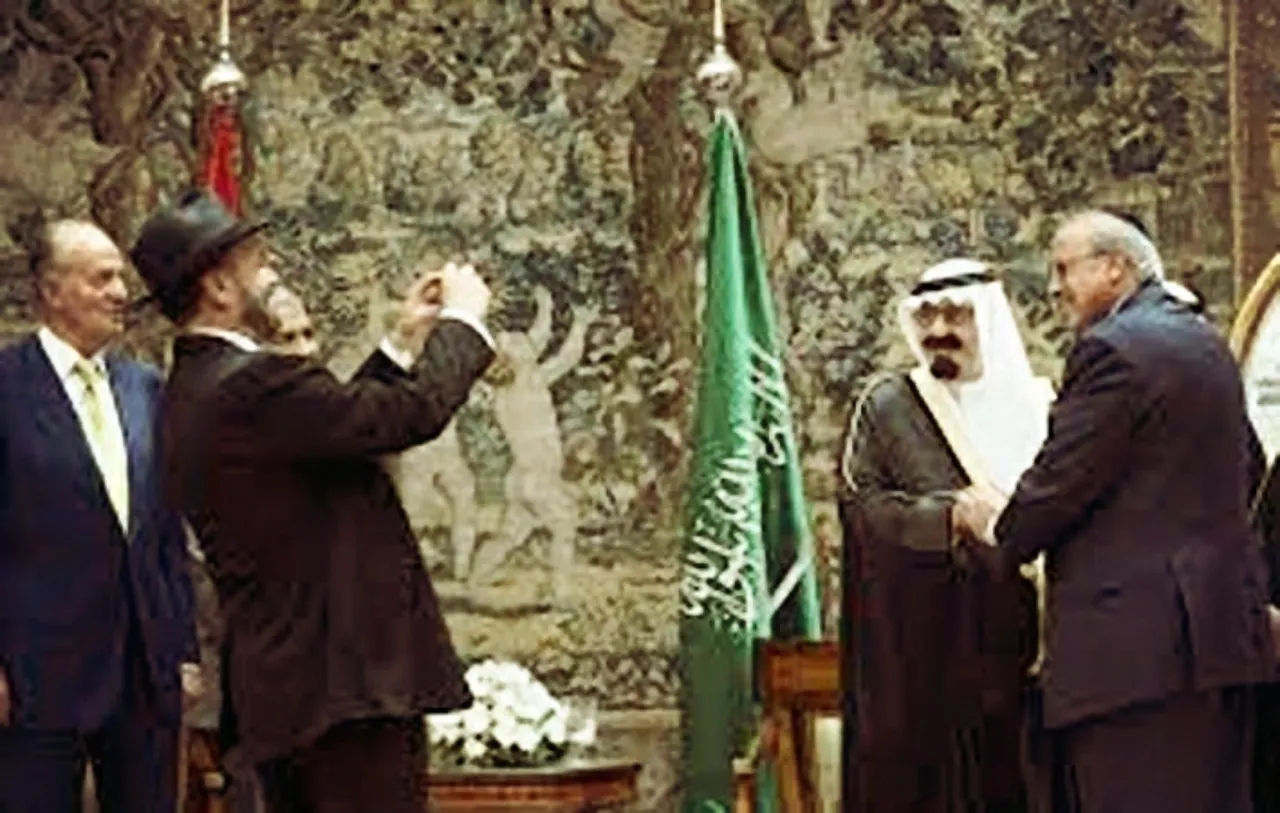
The leaked document is a diplomatic cable sent to all Israeli ambassadors around the world. The embassy cable classified in Hebrew shows that Tel Aviv and Riyadh are planning to increase escalation in the Middle East. These documents provide direct evidence of the involvement of both US allies against the planned invasion of Lebanon.
The cable was leaked by Barak Ravid, senior diplomatic correspondent for Channel 10 News. The communique, he said, was sent from the Israeli Foreign Ministry in Jerusalem on Nov. 6 to all Israeli embassies. This cable instructs Israeli diplomats to do everything to increase diplomatic pressure on Hezbollah and Iran.
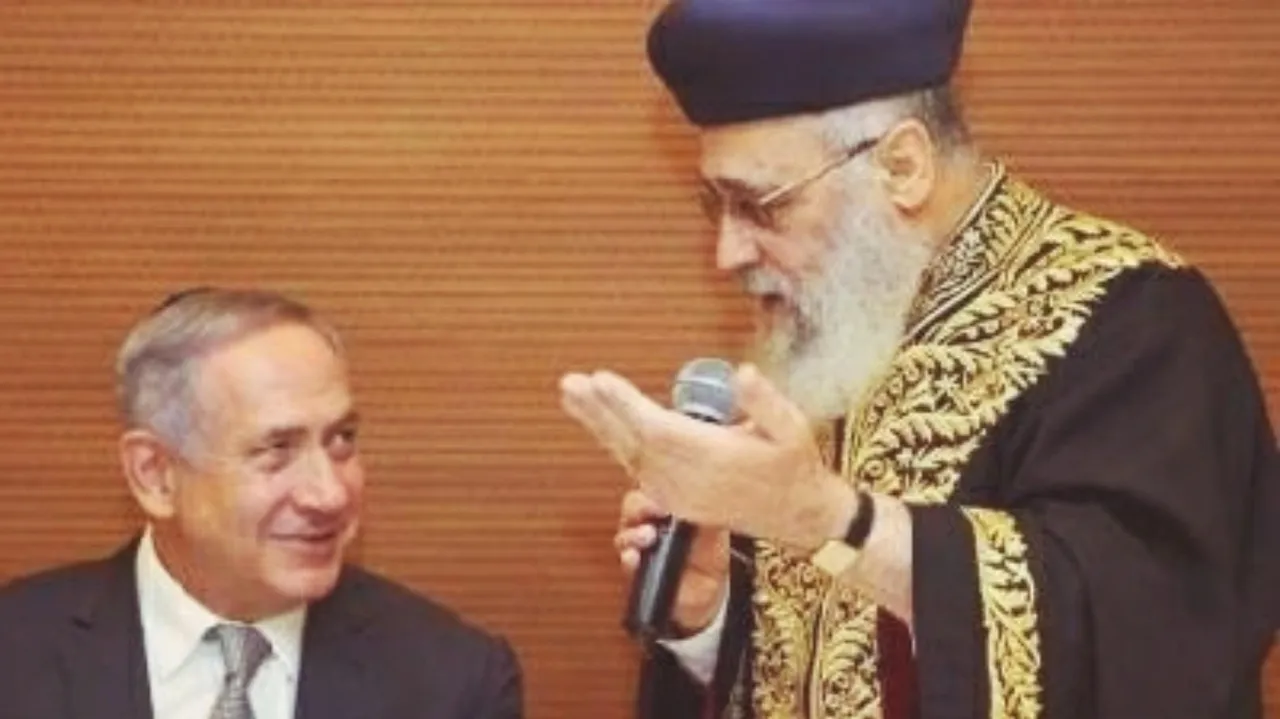
The secret document announced by the Israeli TV channel 10 shows that this provocative war scenario is coordinated by Saudi Arabia and Israel to spark a new Middle East war: by slandering Lebanon as Iran's representative.
As is known, Washington has labeled Lebanese Hizbullah group "terrorists" - on the contrary, progressive people in the Middle East see Hizbullah as a Lebanese sovereignty defending organization. Proven twice, where in 2000 and 2006, Hezbollah forces succeeded in kicking Israeli soldiers out of Lebanon.
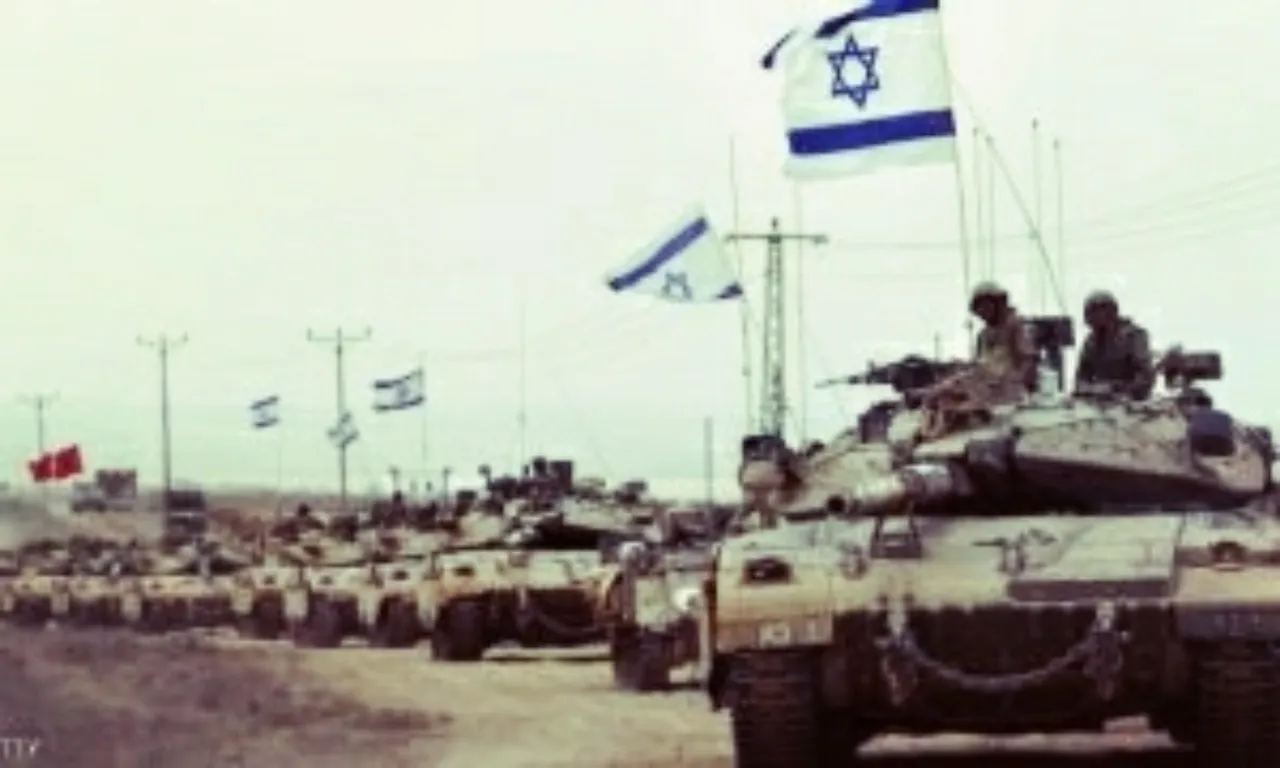
Not only that, Hezbollah with the Syrian government managed to prevent the destruction of this neighboring country from the occupation of the imperialist coalition and the ISIS. Iran, also slandered by the United States and its allies, continues to provide the necessary political, material and military support necessary to defeat the imperialist-ISIS coalition.
A secret document of the Israeli Ministry of Defense signed by Defense Minister Avigdor Lieberman was recently uploaded freely on the internet. The document discloses confidential information about the military capabilities and operational methods of the Israeli Defense Forces (IDF).
Leaking the document is a serious violation of information security. At least two parts of the document mention the name of a mechanism or system that is not kept secret.
According to an IDF spokesperson, at least one of them is very secret, to the extent that his name is not mentioned on the phone due to his sensitivity and tedious that any information will be published.
The second mechanism exposed is used by the military unit for operational purposes, and is considered highly confidential: its publications may demonstrate certain IDF capabilities. The document also discloses information about the related system, whose content is prohibited.
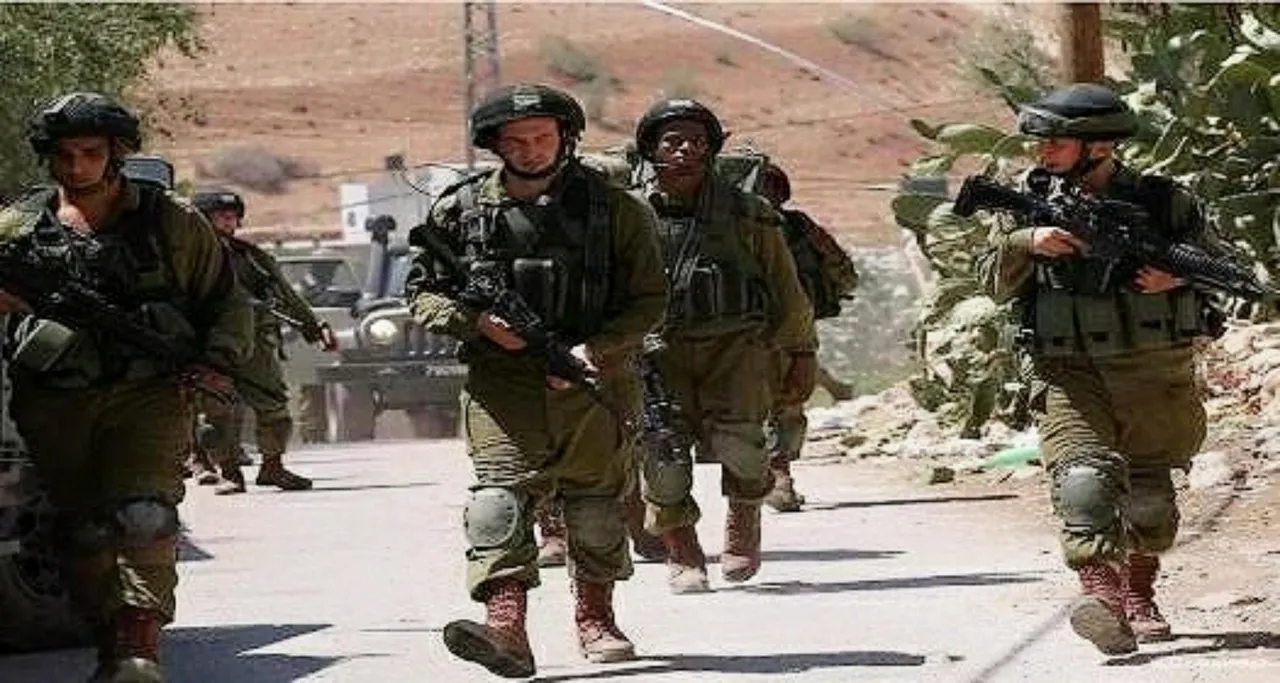
If it has been uploaded on the internet, information is available to anyone to see, even if a media publishing it violates military censorship rules. It remains unclear how such a mistake can occur.
According to the IDF protocol, in cases where there is exposure of information relating to secret military capabilities and methods, the Ministry of Defense should ask the information security department to approve the material before it is launched, which seems to have not been done in this case.
The Israeli newspaper Hareetz said that although the contents of the document are publicly visible on the Internet, the media have been banned from writing because they would be considered a violation of military censorship rules.
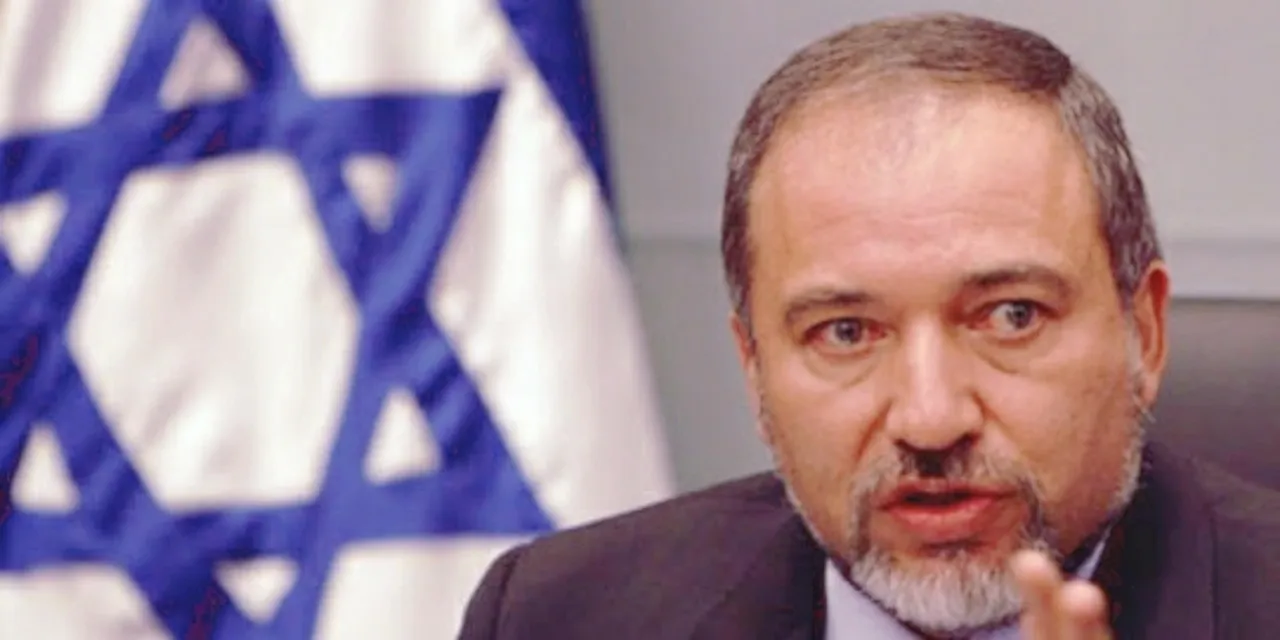
Even one of the two leaked documents is classified as highly classified so it is forbidden for those who know it to call it through a telephone conversation.
Another mechanism revealed in the leak was reportedly used by Israeli military units for operational purposes, with the publication placing a confidential system linked at risk of exposure.
The report said that the information remained in public access for some time before it was downgraded, but no other media covered the contents.
The Israeli law directs the media to submit to the Military Censorship office all publications relating to national security issues. Censorship has a wide range of powers and is able to completely resolve or shut down media organizations that are guilty of offenses.